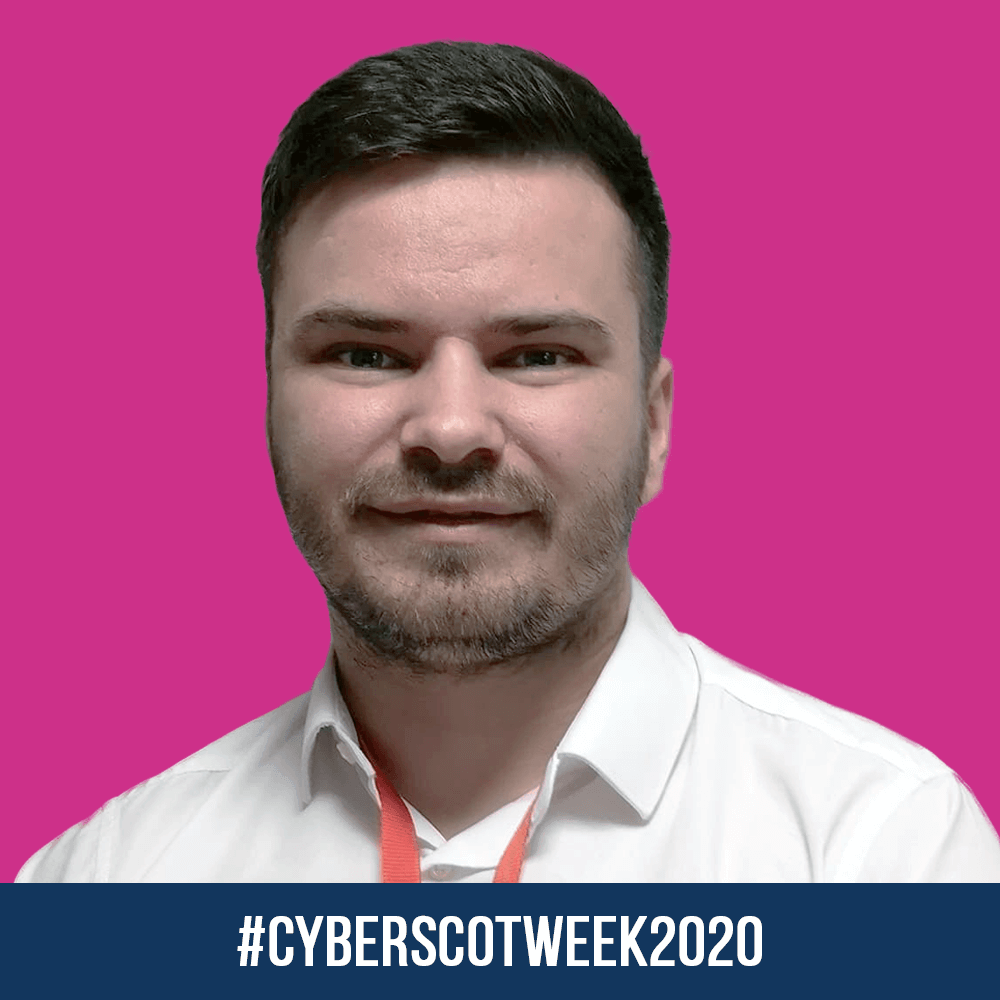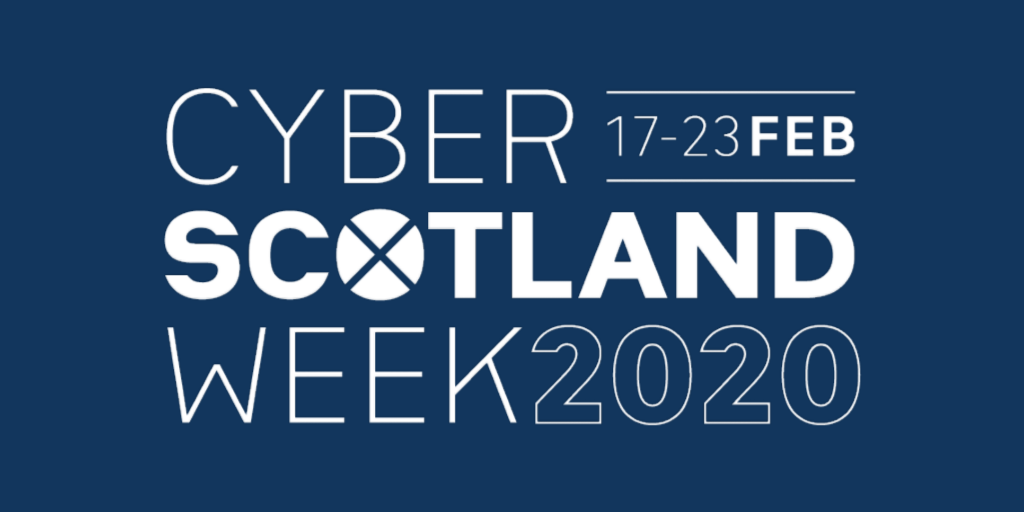Daniel Harper – Security Analyst

Daniel Harper, Security Analyst working in the security team at CGI is responsible for dealing with all kinds of security incidents, from data breaches, malware and viruses to lost and stolen devices. His role also involves patch assurance scanning (vulnerability scanning) which means checking devices, servers and laptops for possible weaknesses.
Daniel said, “I got into security when I was at school. When I was in fourth year, I studied computing, then in fifth year, studied information systems because computing wasn’t available. Then, once in sixth year, I was able to do higher computing.”
After leaving school, Daniel studied computing at college. “As I already had a HNC, when it came to applying to university, I was able to skip first year and got straight into second year of Ethical Hacking at Abertay University, it just shows that you don’t have to go straight to university after high school to achieve your goals and going through the college route isn’t a waste of a year”
Daniel went on to say, “This is actually my first proper job since leaving university. It’s been great to come into a large company with meaningful core values and join a team who have so much knowledge and are willing to help me expand my knowledge They’re fantastic and it really does make me want to come into work, learn and continue to develop my skills
A lot of the digital skills I use are standard office skills, like Microsoft packages or lots of reporting and spreadsheets. There’s also more technical work using a wide range of security tools, for example , Nessus scanner for vulnerability testing and open source networking tools to identify information relating to an attacker.”
Although Daniel has a very technical role, he still uses a number of “soft” skills. He said, “communication is massive. You need to be able to communicate to a service team if there is an attack. So, you need to be able to communicate technically along with communicating to clients on a non-technical level to ensure they understand the incident clearly.
Report writing and presentation skills are also really important as it’s something I do a lot. Confidence is also really helpful, but this all comes with practise and experience. I’ve only been in my role for six months and my first presentation was terrible, but now it’s something I’m comfortable doing because I’ve practised.”
For anyone looking to begin a similar career, Daniel suggests, “stick at it. Security is one of the bests places to be at the minute. With the world always changing, having a job in security is future proof – it’ll always be needed. But, you do need to understand, because everything is evolving, you constantly need to learn new technologies while reskilling yourself on all the new advancements.”



